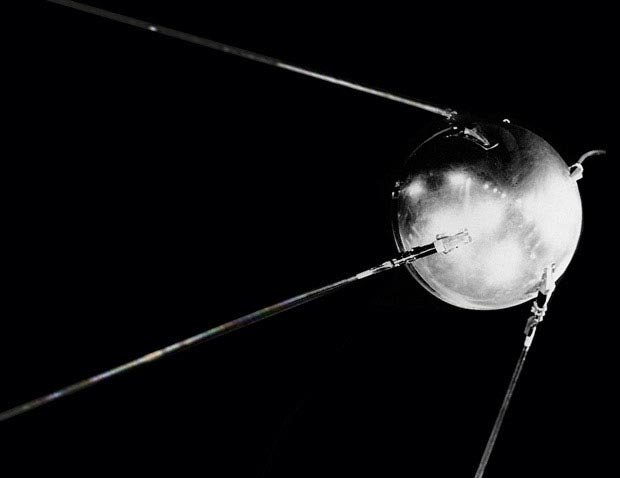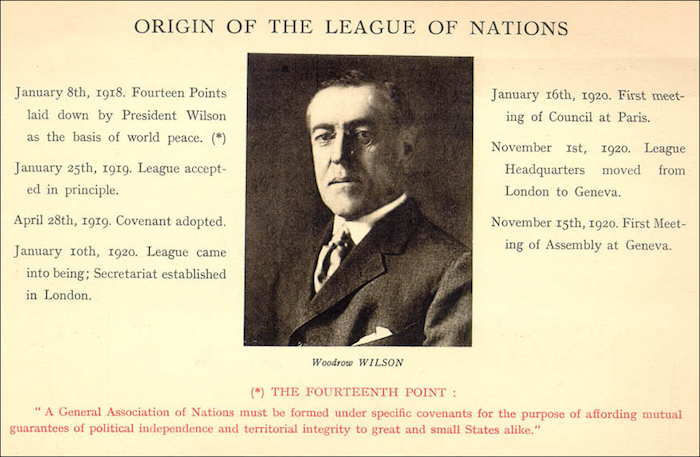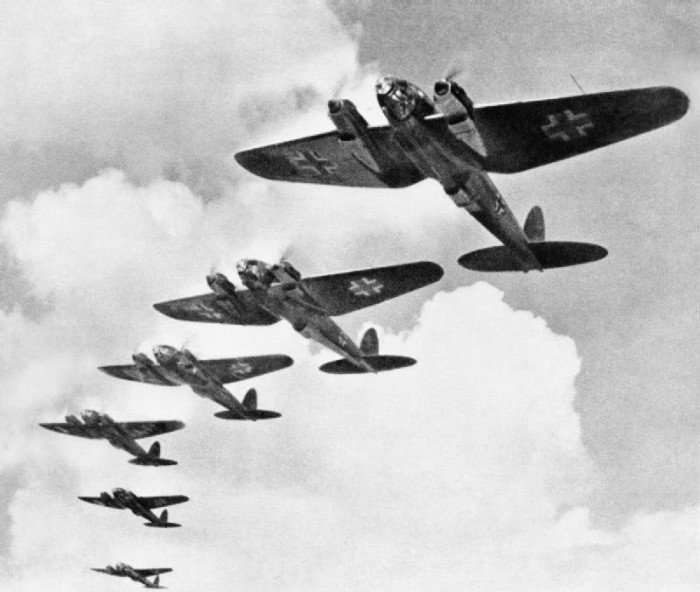After taking some time to recover after the marathon Road to War, I'm taking part in a new series of talks with ABC New England North West's Kelly Fuller, along with fellow members of the UNE School of Humanities Nathan Wise (who came up with the concept), Sarah Lawrence and Richard Scully (and more, if we can persuade them!) This time the unifying theme is much broader: we will be looking at turning points in history. So we can range far and wide, rather than having to focus on the events of a single week in 1914 or 1915. You'll be able to find all the talks at SoundCloud.
I was first up, and decided to talk about the launch of Sputnik I on 4 October 1957, not only in terms of starting the Space Age, but also because it created no small amount of fear in the United States as the prospect of a (mythical, as we now know) missile gap opened up. I wish I'd had more time to go into that side of the response to Sputnik, because they strike me as being something similar to the kind of panics I'm interested in for Britain earlier in the century. But different. The oddest response is perhaps that of Little Richard, one of the pioneers of rock 'n' roll, who was actually on stage in Sydney when he saw what he thought was Sputnik, and interpreted it as a sign of the End Times. Have a listen if you'd like to know more!
Image source: NASA.
![]() This work is licensed under a Creative Commons Attribution-NonCommercial-NoDerivatives 4.0 International License.
Permissions beyond the scope of this license may be available at http://airminded.org/copyright/.
This work is licensed under a Creative Commons Attribution-NonCommercial-NoDerivatives 4.0 International License.
Permissions beyond the scope of this license may be available at http://airminded.org/copyright/.




Neil Datson
Interesting talk Brett. One consequence I heard of several years ago was that the shock of Sputnik led to the US putting more effort into 'cultural propaganda'. As part of that programme the CIA invested in developing better English (as a foreign language) teaching methods and courses. I don't know if that's true, but it seems likely.
ErrolC
Good talk. Although the beeps raised my dog from his slumber!
Alan Allport
A few years ago, Louis Menand made a surprisingly compelling case in the New Yorker for a connection between Sputnik and Dr. Seuss' The Cat in the Hat.
Brett Holman
Post authorNeil:
That sounds plausible -- Sputnik was such a huge propaganda coup for the Soviets that it galvanised the Americans into action in many areas. Poor old Ike was right that there was no need to panic, but he just ended up seeming out of touch.
ErrolC:
Blame the Soviets!
Alan:
I'd buy that.
TFSmith
Actually, Sputnik was welcomed by the US; the CORONA project (aka Discoverer, aka WS-117) had begun as such in 1956, and Sputnik basically put the Soviets in the position of having established precedent when it came to orbital spacecraft trumping national airspace.
There were a "lot" of Cold War programs, projects, and policies that were justified as a response to Sputnik, but just about all of them had been in the works since earlier in the decade, or even the 1940s.
Sputnik was a propaganda coup, but not so much for the USSR as for the US. Sputnik justified what amounted to the actual US space program, not the "cover" provided by NASA.
Best,
Brett Holman
Post authorI don't buy that at all. I cannot see how you can possibly claim Sputnik was a propaganda victory for the Americans; that's just not how people thought of it in 1957. Nobody reading the paper over their cornflakes the morning after Sputnik thought 'wow, what a great coup for America, the Soviets really walked into Eisenhower's cunning trap there'. Sure, lots of pre-existing programmes and ideas got attached to the space race, but that's part of the point; that kind of thing always happens in a moral panic. Experts come out of the woodwork with their solutions to a problem nobody else could see before; now is their chance to get everyone to agree to massively expand education/build a bomber fleet/ban violent video games/etc.